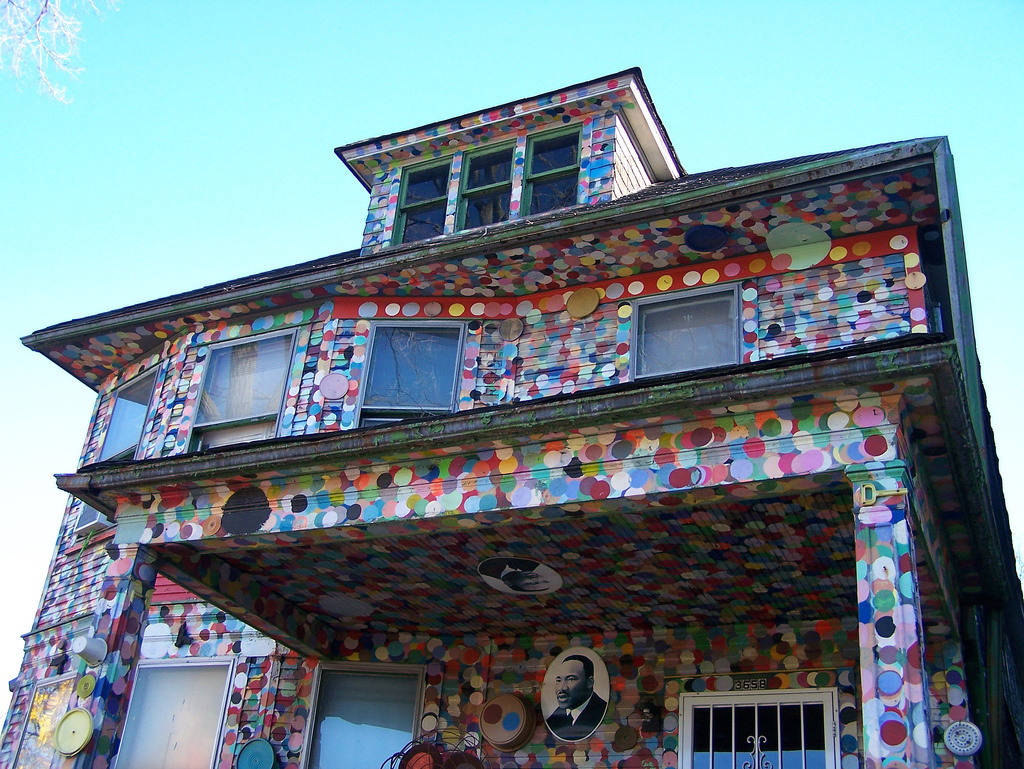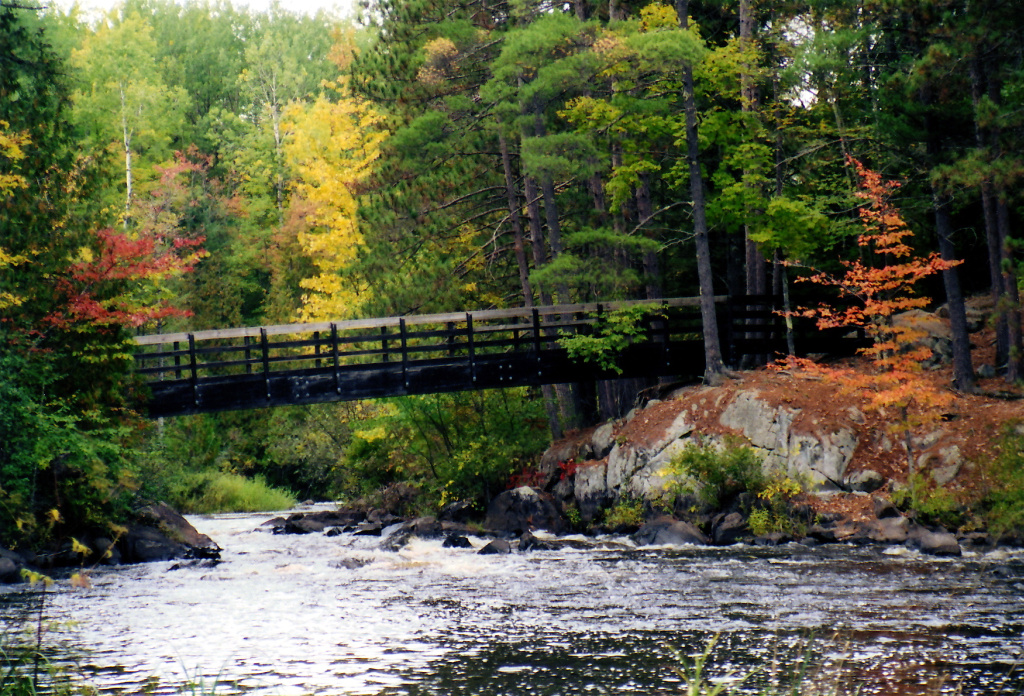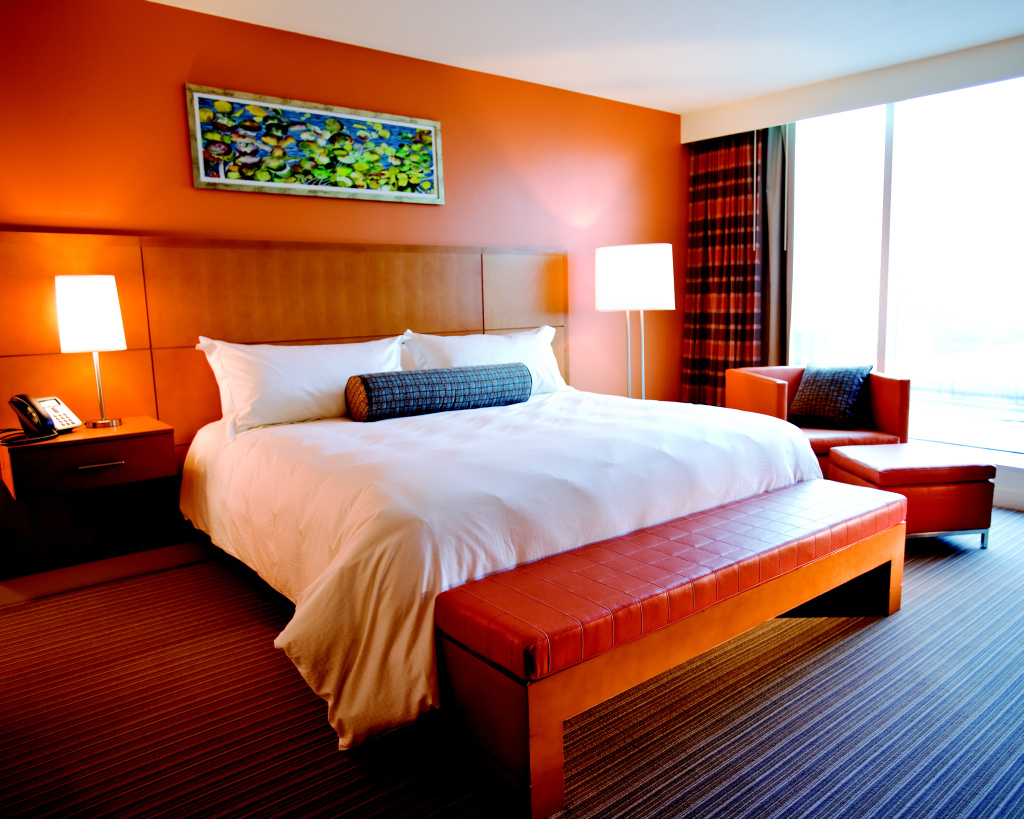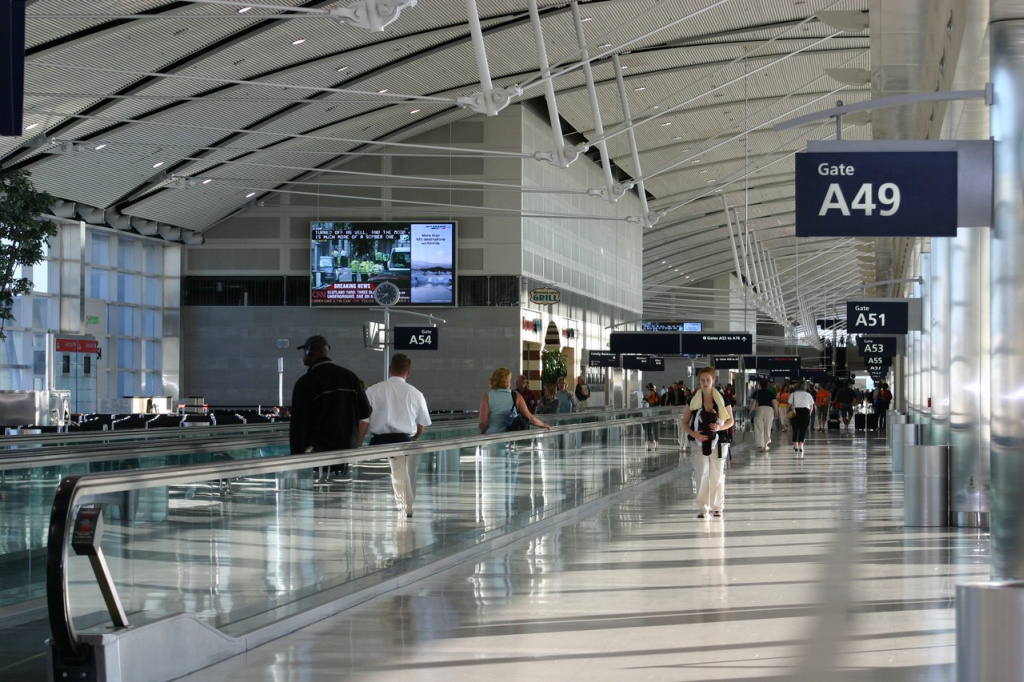The name of this automobile hub is derived from the Detroit River. It was first discovered by Father Louis Hennepin while onboard the ship Le Griffon. While sailing on the Detroit River, Father Hennepin eyed the north shore of the river as an ideal site for a village or settlement. Not long after, a community settlement was founded on this site in 1701 by Antoine de la Mothe Cadillac, a French officer. This community settlement became known as Fort Detroit. It was Francois Marie Picote Belestre, the last commander of the French military, who surrendered Fort Detroit to the British on November 29, 1760.
During the French-Indian War, the British forces took control of the site and abridged the name to Detroit. A leader from Ottawa in the person of Chief Pontiac led several tribes and launched Pontiac’s Rebellion that includes a blockade or siege of the fort. The British government passed the British Royal Proclamation of 1763 as a response, in part, to this uprising. The said proclamation added restraints in Indian terrains that were not relinquished, and Detroit was passed to the U.S.’ sovereignty under the Jay Treaty in 1796. A tragic fire happened in 1805 which destroyed majority of the settlement wherein only the vents of wooden houses and a river warehouse were conserved. In the late 1800s, the city was rebuilt with most of Detroit’s Gilded Age buildings and mansions put up. Detroit’s 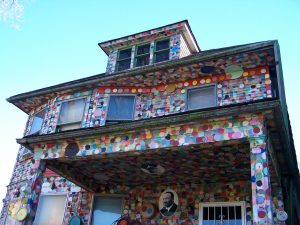 architecture has led the city to being dubbed as Paris of the West.
architecture has led the city to being dubbed as Paris of the West.
With its strategic location next to the Great Lakes watercourse, the city of Detroit had emerged a transportation centre. From the 1830s, the city grew steadily alongside the emergence of manufacturing, shipping and shipbuilding industries. In 1896, Henry Ford was prompted by the flourishing carriage business to build his first truck in a loaned workshop and founded the Ford Motor Company in 1904. Ford and such other pioneers of the automobile industry as the Dodge brothers, Walter Chrysler and William Durant underpinned the position of Detroit as automobile capital of the world.
In the year 1980, the city of Detroit became the venue of the Republican National Convention that appointed Ronald Reagan to a victorious bid for president of the U.S. In 1984, a riot in the heat of the Detroit Tiger’s World Series championship game led to the tragic death of three people and property damage that cost millions of dollars.
In the 1990s, new sporting grounds were built for the Detroit Tigers and Detroit Lions in the year 2000 and 2002, placing the Lions’ base stadium in Detroit for the first time since 1974. This also incited the establishment of many other improvements in the downtown area, which includes the laying of the first pieces of the Detroit River Walk. Through tourism, the city of Detroit shows serious desire to reinvent its economic status.
